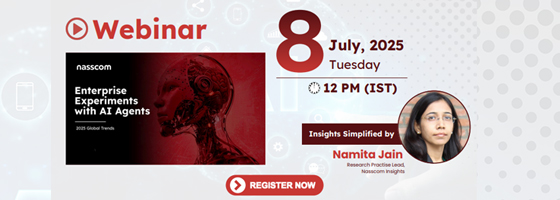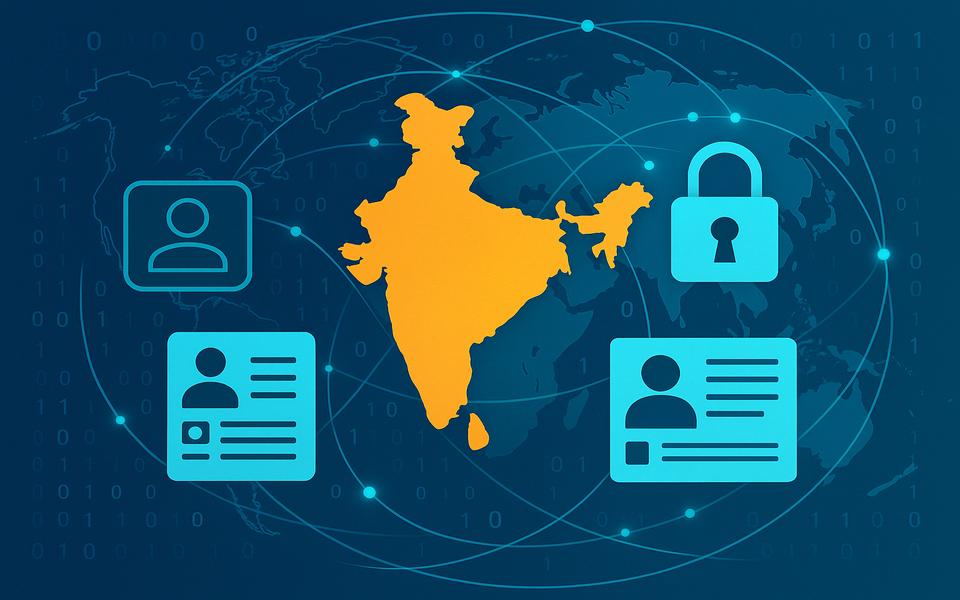Context
On 2 November 2017, a high-level inter-ministerial committee headed by the then economic affairs secretary Subhash Chandra Garg was set up to study the issues related to virtual currencies and propose specific action to be taken in this matter. The mandate of the Committee included an examination of the policy and legal framework for the regulation of virtual currencies.
The members of the committee included Ajay Prakash Sawhney, Secretary, Ministry of Electronics and Information Technology; Ajay Tyagi, Chairman, Securities and Exchange Board of India and B.P. Kanungo, Deputy Governor, Reserve Bank of India.
The committee submitted its report to the Government and proposed a draft bill Banning of Cryptocurrency & Regulation of Official Digital Currency Bill, 2019, which was placed in the public domain on 22 July 2019.
The Committee has recognized the existence of crypto tokens in the form of utility tokens and security tokens but has not made any specific recommendations pertaining to this in its report.
The draft bill has defined cryptocurrency quite broadly as “any information or code or number or token not being part of any Official Digital Currency, generated through cryptographic means or otherwise, providing a digital representation of value which is exchanged with or without consideration, with the promise or representation of having inherent value in any business activity which may involve risk of loss or an expectation of profits or income, or functions as a store of value or a unit of account and includes its use in any financial transaction or investment, but not limited to, investment schemes.”
Key recommendations of the committee
- Distributed Ledger Technology (DLT)
(a) The Committee in its report said that DLT is an important new and innovative technology, which will play a major role in ushering in of the digital age. The DLT can be of great benefit to India in several financial and non-financial areas. In finance, DLT can be particularly beneficial in the areas of trade financing, lowering the costs of personal identification for know-your-customer (KYC) related issues, and improving access to credit, it said.
(b) The Committee has recommended that the Department of Economic Affairs should identify uses of DLT and take necessary measures to facilitate the use of DLT in the entire financial field.
(c) RBI, SEBI, IRDA, PFRDA and IBBI should also focus on DLT to explore building of appropriate regulations for development of DLT in their respective areas, the committee suggested.
(d) DLT can be used to reduce compliance costs for KYC requirements. MEITY may also explore the mechanisms through which customer information can be maintained on DLTs through a consent-based mechanism.
(e) MEITY and GSTN will need to play a major technology supportive role for exploring and building the uses of DLT for enabling trade financing by enabling the growth of trade invoicing through DLT, the expert panel added.
(f) The Committee has proposed a specific legislation to promote and regulate use of DLT in the financial and associated fields.
- Virtual Currencies
(a) The Committee has noted with serious concern mushrooming of cryptocurrencies almost invariably issued abroad and numerous people in India investing in these cryptocurrencies. All these cryptocurrencies have been created by non-sovereigns and are in this sense entirely private enterprises, it said.
(b) There is no underlying intrinsic value of these private cryptocurrencies. These private cryptocurrencies lack all the attributes of a currency. There is no fixed nominal value of these private cryptocurrencies i.e. neither act as any store of value nor are they a medium of exchange. Since their inceptions, cryptocurrencies have demonstrated extreme fluctuations in their prices. Therefore, the Committee has suggested that the 56 private cryptocurrencies should not be allowed. These cryptocurrencies cannot serve the purpose of a currency. The private cryptocurrencies are inconsistent with the essential functions of money/currency; hence, private cryptocurrencies cannot replace fiat currencies.
(c) A review of global best practises also shows that private cryptocurrencies have not been recognised as a legal tender in any jurisdiction, the expert panel said.
(d) The Committee has recommended that all private cryptocurrencies, except any cryptocurrency issued by the State, be banned in India.
(e) The Committee has endorsed the stand taken by the RBI to eliminate the interface of institutions regulated by the RBI from cryptocurrencies. The Committee has recommended that all exchanges, people, traders and other financial system participants should be prohibited from dealing with cryptocurrencies.
(f) Accordingly, the Committee has recommended a law banning the cryptocurrencies in India and criminalising carrying on of any activities connected with cryptocurrencies in India.
(g) The Committee also recommended that the Government may consider establishing a Standing Committee to take into account the technological developments globally and within the country and also the views of global standard setting bodies. The Standing Committee could revisit the issues addressed in the report as and when needed.
- Central Bank Digital Currency
(a) The Committee is of the view that it would be advisable to have an open mind regarding the introduction of an official digital currency in India.
(b) It may be possible to visualise some models of future official digital currencies but as of date, it is unclear whether there is clear advantage in the context of India to come up with an official digital currency. Hence, the Committee has recommended that, if required, a Group may be constituted by the Department of Economic Affairs, with participation of the representatives of the RBI, MeitY and DFS for examination and development of an appropriate model of digital currency in India.
(c) If, in due course of time, it is decided to issue a digital currency in India having the status of a legal tender, the Reserve Bank of India should be the appropriate regulator of such digital currency by virtue of its powers under Section 22 of the RBI Act, the expert panel said.
- Uses of DLT for other financial services
(a) The Committee has recommended that the RBI examine the utility of using DLT based systems for enabling faster and more secure payment infrastructure, especially for cross-border payments.
(b) The Committee also said that blockchain based systems may be considered by MEITY for building a low-cost KYC system that reduces the need for duplication of KYC requirements for individuals.
(c) The Committee is of the opinion that banks and other financial firms for processes such as loan-issuance tracking, collateral management, and fraud detection can use DLT-based systems and claims management in insurance, and reconciliation systems in the securities market. The Committee has therefore recommended that financial sector regulators examine the uses of DLT in processes that can be incorporated by banks, insurance companies, securities exchanges etc. in their functioning.
(d) The Committee has suggested that SEBI may evaluate use of DLT for IPOs and FPOs as an alternative to present system of issuances. The Committee also said that SEBI might examine whether the depository systems can move to DLT based system.
(e) Similarly, DLT can be beneficial for removing errors and frauds in land markets if the technology is implemented for maintaining land records. The Committee has therefore recommended that various state governments may examine the feasibility of using DLT for land-records management.
(f) The Committee is of the view that DLT may be leveraged to improve the existing stamping system for the purposes of collection of stamp duty.
(g) The Committee is of the opinion that data localisation requirements proposed in the draft Data Protection Bill may need to be applied carefully, including with respect to the storage of critical personal data to ensure that there is no adverse impact on Indian firms and Indian consumers who may stand to benefit from DLT-based services.
Next steps
“The Group’s report, along with a Draft Bill has been received by the Government. This Report and Draft Bill will now be examined in consultation with all the concerned Departments and Regulatory Authorities, before the Government takes a final decision,” a statement from Department of Economic Affairs said.












